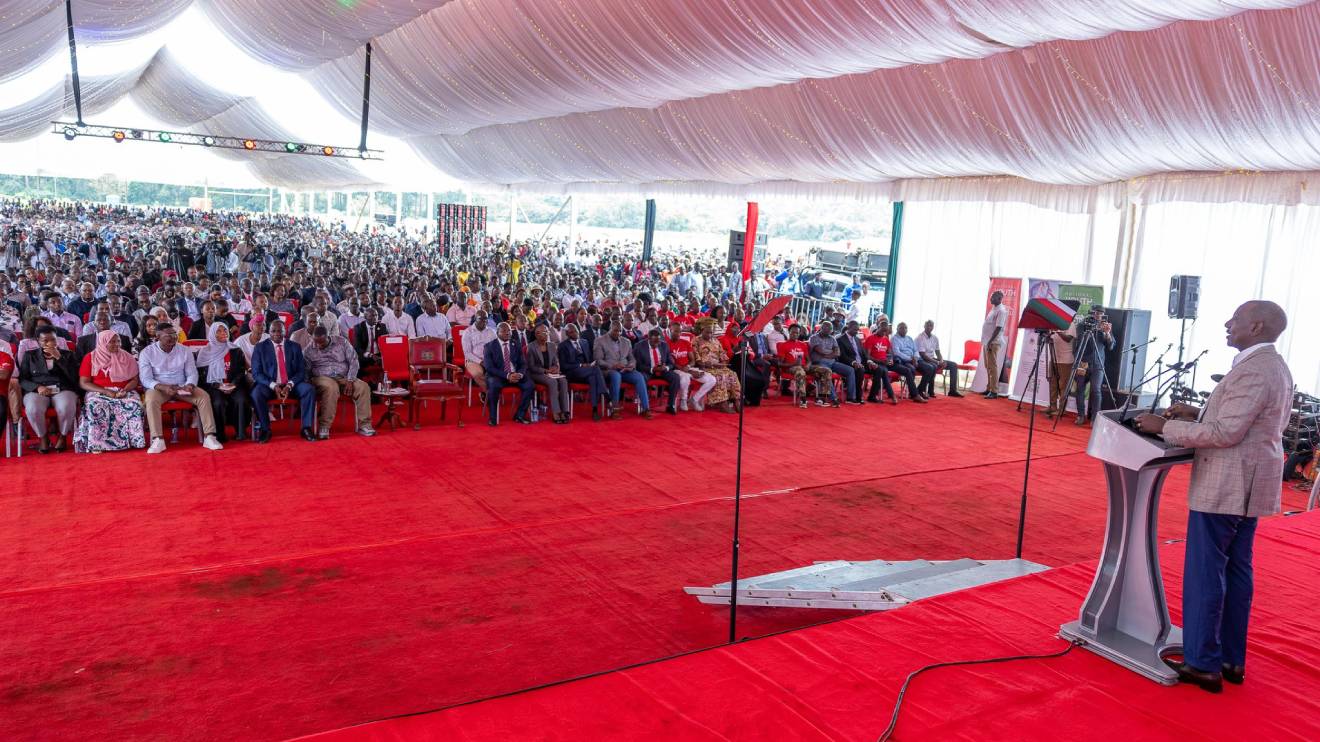A lawyer representing Miwani Sugar Company, currently under receivership, has refused to endorse a government-backed deal that seeks to end a long-standing legal fight over a disputed 9,394-acre parcel of land in Kisumu County.
In a strongly worded letter dated 6 May 2025, lawyer David Otieno wrote to the company’s Receiver Manager, declining to sign a consent drafted by the Attorney General.
The directive to execute the consent came from the Ministry of Agriculture and Livestock Development following a Cabinet decision to settle the matter in favour of Crossley Holdings Limited.
The government wants to finalise the case by recognising Crossley Holdings as the legal owner of the land, which was acquired during a 2007 auction.
However, Miwani Sugar’s legal team has repeatedly argued that the transaction was fraudulent and illegal.
Read More
“The proposed consent seeks to have us take a position that is completely incongruent with what we have consistently advised, with what is in the pleadings and affidavits filed and with what we maintain is the correct legal position,” Otieno stated in the letter.
The contested land, listed as Land Reference No. 7545/3, is the focus of a case that has dragged on for years.
As part of the planned settlement, 2,000 acres are to be set aside for a Special Economic Zone, a move the government says will support industrial growth in the region.
The 2,000-acre portion is said to have been offered by Crossley Holdings.
Even so, Otieno has dismissed the title held by Crossley as null and incapable of transferring any legitimate rights.
He reminded the Receiver Manager of his responsibility to act within the law, warning that obeying illegal directives could carry personal consequences.
“Failure to protect the property entrusted to your care could result in prosecution and it will be no defence that you were implementing a directive if the directive is unlawful,” he cautioned.
Otieno also pointed out that Cabinet directives do not override ongoing legal proceedings or court findings.
“Cabinet decisions do not have the force of law and are not legally binding,” he added.
The lawyer insisted that the case is still active in court and that entering a consent before the hearing begins would be premature and irregular.
He also questioned why the Attorney General’s office—part of the executive that approved the deal—would expect his law firm to execute a settlement that contradicts its legal position.
He wrote that since the Attorney General is “part of the executive and the same Cabinet that made the decision,” it would be more appropriate for that office to act directly instead of involving his firm.
The land dispute is one of the most high-profile and protracted in the sugar sector, with implications for land administration, judicial independence, and state policy on stalled public assets. Whether the state will revise its approach or press forward remains to be seen.

-1747044850.jpg)






-1755531438.jpg)


-1711488419-1716535895.jpeg)
